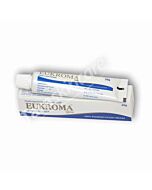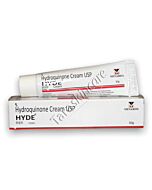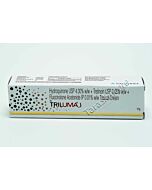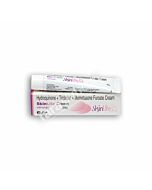Everything You Need To Know About Hydroquinone 4%
Introduction:
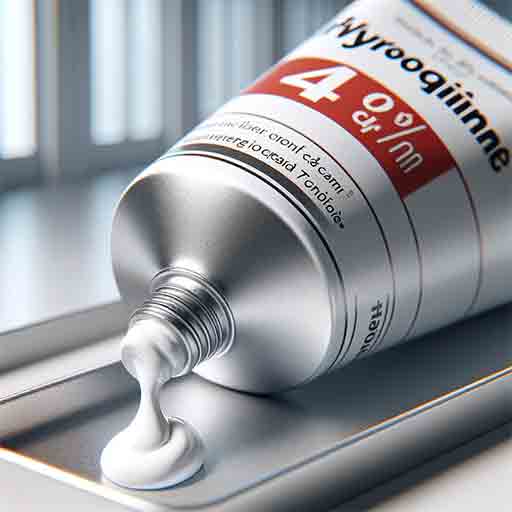
When it comes to skincare and addressing issues like hyperpigmentation, one of the go-to ingredients in dermatology is Hydroquinone 4%. This powerful compound has gained recognition for its ability to effectively tackle various skin concerns, from melasma to age spots and post-inflammatory hyperpigmentation. In this comprehensive blog, we'll explore everything you need to know about Hydroquinone 4%, including its composition, mode of action, common applications, potential benefits, safety considerations, and alternatives.
1. What Is Hydroquinone 4%?
Hydroquinone 4% is a topical skincare product formulated with the active ingredient hydroquinone. Hydroquinone is a chemical compound (C6H6O2) that is often used in dermatology to treat hyperpigmentation issues and achieve a more even skin tone. In this particular formulation, hydroquinone is present at a concentration of 4%, making it a moderately strong solution.
2. How Does Hydroquinone 4% Work?
The mode of action of Hydroquinone 4% revolves around its ability to inhibit melanin production in the skin. Melanin is the pigment responsible for our skin, hair, and eye color. Excessive melanin production can result in hyperpigmentation issues, such as melasma, age spots, and post-inflammatory hyperpigmentation.
Hydroquinone works by interfering with the enzymatic process of melanin synthesis. It inhibits the activity of the enzyme tyrosinase, which is essential for converting the amino acid tyrosine into melanin. By blocking this enzyme, Hydroquinone 4% effectively reduces melanin production, leading to a gradual lightening of the skin and a reduction in the visibility of hyperpigmented areas.
3. Common Applications of Hydroquinone 4%
Hydroquinone 4% has a wide range of applications in the field of skincare and dermatology:
Hyperpigmentation Treatment: Dermatologists commonly prescribe Hydroquinone 4% to address hyperpigmentation conditions, including melasma, solar lentigines (age spots), and post-inflammatory hyperpigmentation resulting from acne, injuries, or skin irritation.
Evening Skin Tone: Many individuals use Hydroquinone 4% to achieve a more even skin tone by reducing the appearance of dark spots, blemishes, and uneven pigmentation.
Combination Therapy: It is often incorporated into customized skincare regimens, sometimes in combination with other active ingredients like retinoids or corticosteroids, to enhance its effectiveness in treating specific skin issues.
4. The Benefits of Using Hydroquinone 4%
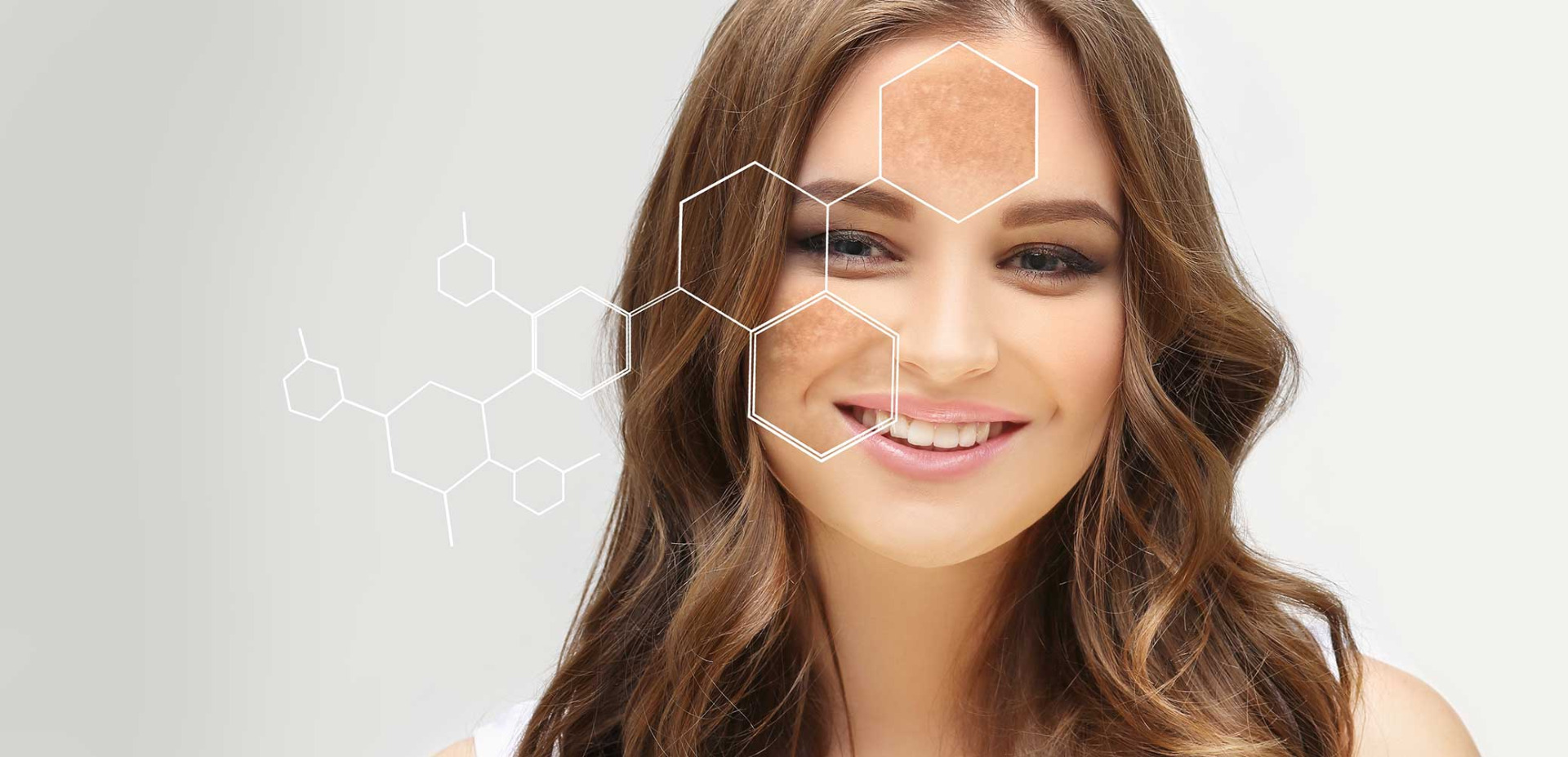
Hydroquinone 4% offers several benefits for individuals looking to improve their skin's appearance:
Effective Hyperpigmentation Treatment: It is highly effective in fading and reducing the visibility of hyperpigmented areas on the skin.
Even Skin Tone: Hydroquinone 4% helps achieve a more uniform skin tone by lightening areas affected by pigmentation irregularities.
Customizable Regimens: It can be used as part of personalized skincare routines, allowing for tailored approaches to address specific skin concerns.
5. Safety Considerations and Precautions
While Hydroquinone 4% is known for its efficacy, it should be used with caution, and certain safety considerations should be kept in mind:
Professional Guidance: It is advisable to consult a dermatologist or healthcare professional before using Hydroquinone 4%, especially for long-term or extensive applications.
Sun Protection: Sunscreen with a high SPF rating and protective clothing should be worn during treatment to prevent UV-induced damage and maintain the effectiveness of Hydroquinone.
Potential Side Effects: Common side effects may include skin irritation, redness, dryness, and itching. Following recommended application instructions and discontinuing use if severe irritation occurs is essential.
Duration of Use: Extended use of Hydroquinone should be monitored and regulated by a healthcare provider to avoid potential complications.
6. Alternatives to Hydroquinone 4%
While Hydroquinone 4% is effective, some individuals may prefer alternatives due to safety concerns or skin sensitivity. Alternatives to consider include:
Niacinamide: This antioxidant, often found in skincare products, can help reduce the appearance of dark spots and improve skin texture.
Kojic Acid: Derived from mushrooms, kojic acid is known for its skin-lightening properties and is used in various skincare products.
Alpha Hydroxy Acids (AHAs): AHAs like glycolic acid and lactic acid can help exfoliate the skin, leading to a more even complexion over time.
Vitamin C: Ascorbic acid (vitamin C) is a potent antioxidant that can brighten the skin and reduce the appearance of dark spots.
7. Conclusion
Hydroquinone 4% is a powerful tool in the realm of skincare and dermatology, renowned for its ability to address hyperpigmentation and promote a more even skin tone. When used responsibly and under professional guidance, it can be a valuable asset for individuals looking to enhance the health and appearance of their skin. However, it is essential to consider safety precautions, consult with a healthcare professional, and explore alternative options to tailor your skincare routine to your specific needs and preferences. Ultimately, achieving beautiful and radiant skin involves making informed choices and prioritizing your skin's health and well-being.

